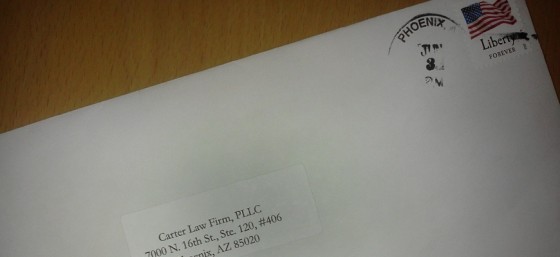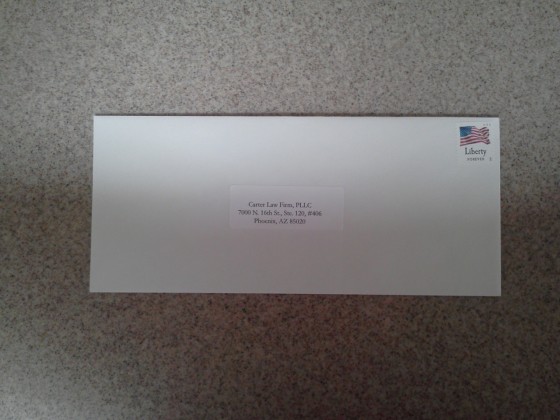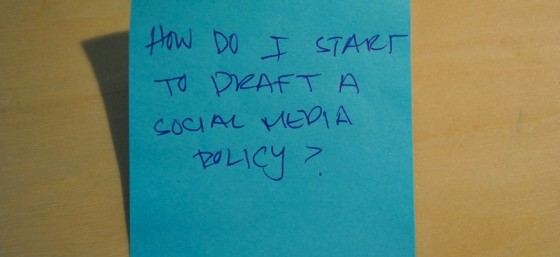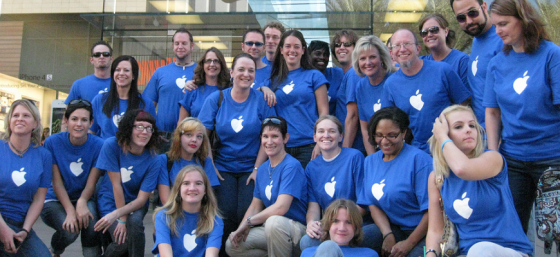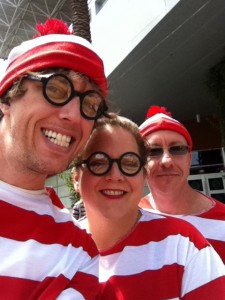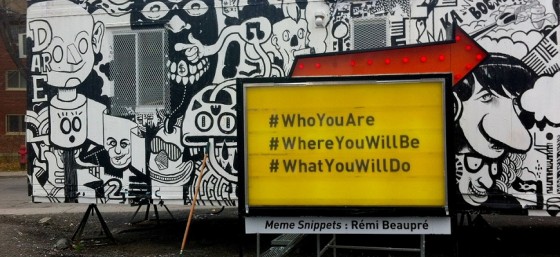
I spoke at TechPhx on Social Media Horror Stories from the Legal Trenches. One of the stories I told was Turner Barr’s experience with having his blog, Around the World in 80 Jobs, essentially shut down because another company registered the trademark in the same name. At the end of my talk, someone asked if you could register the trademark in a hashtag.
A trademark is the words, slogans, logos, colors, packaging, etc., you put on your products that differentiate you from your competition. If you don’t register your trademark, you get the exclusive right to use your marks where you’ve established your market. When you register your trademark, you get the exclusive rights to use your marks on your type of products everywhere in the U.S. If you want to know more about trademarks, check the story behind the Burger King trademark.
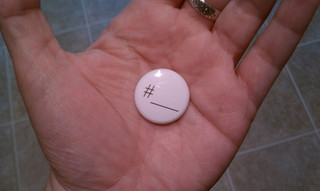
Just like you can register a trademark in a company name, product name, or slogan, you can register a trademark in a hashtag. The first rule is your trademark can’t be the generic product. If you own a coffee shop, you can’t register the trademark #coffee. If the U.S. Patent and Trademark Office (USPTO) let you have that, you could stop your competition from calling their coffee “coffee,” which would be very confusing. You could register your business name (i.e., #DansCoffee) or a slogan like #GreatMornings or #WheresMyMug.
The second rule is you can’t claim a trademark that your competition is already using. If you were a soda manufacturer, you couldn’t register the trademark #Coke or #CocaCola unless you were the Coca-Cola Company.
Another thing to keep in mind is when you register your trademark, you have to declare what you’re claiming as your trademark and what goods or services you’re using it on. You only get the exclusive rights to your mark in your arena of goods. You can’t stop another company from using a similar trademark on their products as long as they are completely unrelated.
Registering a trademark allows you to prevent your competition from using your trademark or something similar to it. It doesn’t give you the ability to stop people from using your slogan in their everyday lives. For instance, the Williamstown Theatre Festival could register the trademark in the hashtag #WTF which would allow them to prevent other theatres from using the same hashtag to promote their products, services, and events, but it would allow them to stop everyone who uses it on Twitter to mean “What The Fuck.”
Registering a trademark is a long process. It can take months for the USPTO to look at your application and then there may be several rounds of communications between you and the USPTO before your trademark is approved. If you want to claim the exclusive right to use your desired hashtag, it should be for something that you’re planning on using for a long time.
So can you register a trademark in a hashtag? Yes. Should you register your hashtag as a trademark? It depends on your situation. That should probably require a joint meeting with your marketing staff and your lawyers. If you want to chat with me about this or any other topic, you can connect with me Twitter, Google+, Facebook, YouTube, LinkedIn, or you can email me.
You can also subscribe to the Carter Law Firm newsletter.
Please visit my homepage for more information about Carter Law Firm.
